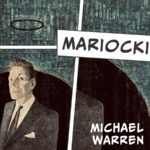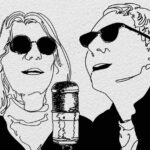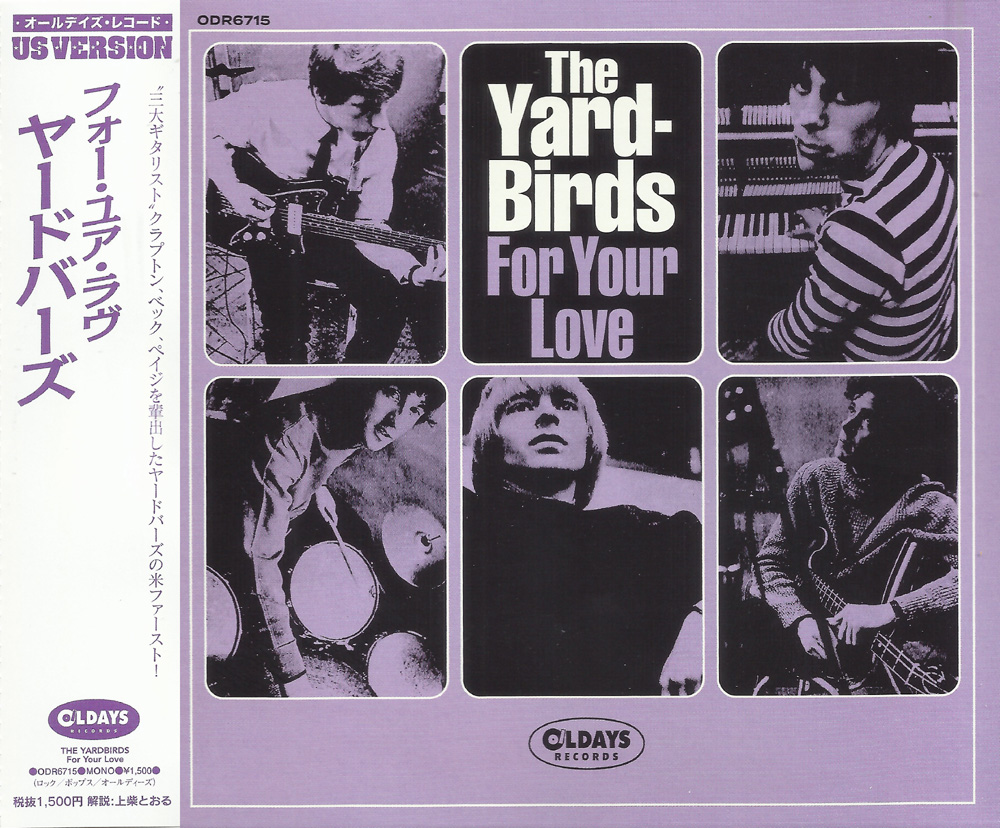
‘For Your Love’ stands as a testament to the brilliance of Graham Gouldman’s early songwriting abilities and the transformative shift it brought to the Yardbirds’ sound, propelled by Brian Auger’s hypnotic harpsichord. The song hit the charts in 1965, heralding a new era in the evolving rock music scene.
On February 1, 1965, The Yardbirds went into IBC Studios, London to record ‘For Your Love’. Led by vocalist Keith Relf and drummer Jim McCarty, the majority of the recording featured session musician Ron Prentice on bowed bass, Denny Piercy on bongos, and Brian Auger on harpsichord. Guitarists Eric Clapton and Chris Dreja lent their talents to the song’s middle break. Taking charge of production was Yardbirds bassist Paul Samwell-Smith, who also held the title of musical director for the single.
To truly understand the story behind this iconic track, it is best told by four people involved in its creation: Graham Gouldman, Harvey Lisberg, Jim McCarty and Brian Auger.
Graham Gouldman (songwriter)
Jason – You were inspired by The Beatles but also the chords in ‘The House Of The Rising Sun’ on ‘For Your Love’.
Graham – Yeah. The chord sequence is kind of the opposite of a sort of a white American idol. And I don’t mean modern day American Idol, I’m talking about American idols from the 50s and 60s, the songs that they would sing. But to me, that chord sequence was kind of like turned it upside down and I found it really inspirational. So I have employed it somewhat as other people have, but it’s like one of those recurring things in my songs, that chord sequence crops up.
Jason – In that period, you were working in the daytime in a gentleman’s outfitters?
Graham – Using the term gentleman loosely, I think it was near Salford Docks, let’s put it that way. I always think of something quite refined. Yeah. Gentlemen’s outfitters. Yeah. It sounds very refined, doesn’t it? There wasn’t that much refined about it, but I had a good time there and actually started off writing ‘For Your Love’ there as well, in the shop, because I was the manager just before I got the sack. I used to close the shop at lunchtime and write songs. I think everything you do is important to where you are now, obviously, but I’ve got fond memories of that place.
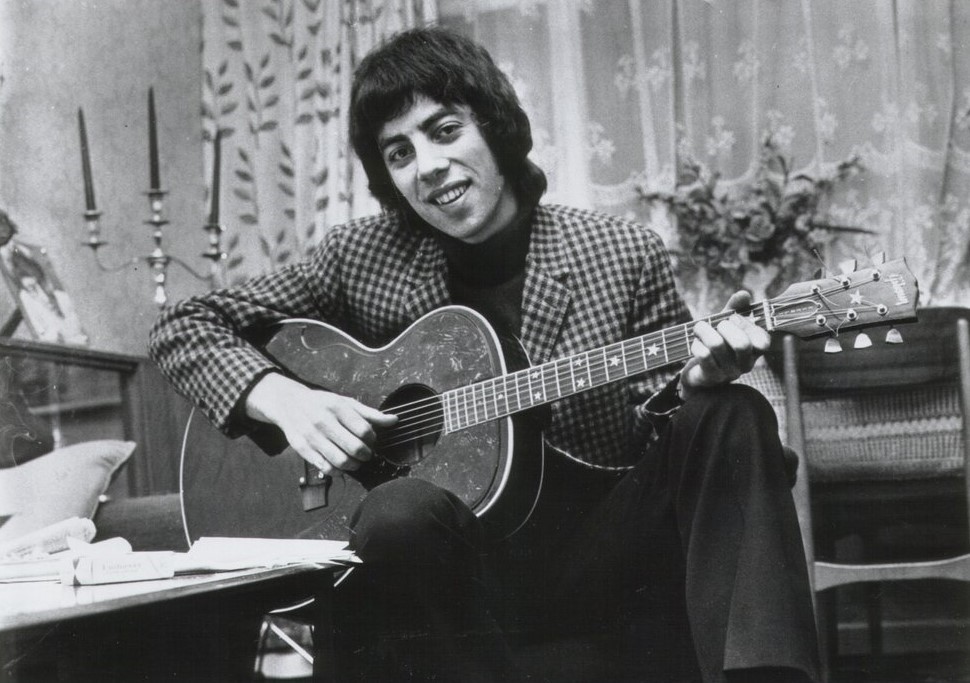
Harvey Lisberg (Graham Gouldman’s manager)
Jason – Not only did you spot the talent of Graham Gouldman when he was in The Whirlwinds, but you also knew how to work with him in terms of getting a song, and you knew when that was a hit like ‘For Your Love’.
Harvey – I knew all along that Graham was a brilliant guitarist, played in this band called The Whirlwinds, which was like the equivalent of a Jewish Irish showband. The Jewish bands, they revolutionized one thing, they were all bands that played dance music. At the bar mitzvahs and the weddings, you’ve got the old foxtrot and everything, but The Whirlwinds were actually young kids that played the guitar. They were very young and they were very good. Graham was outstanding.
When we finally got together and when he did sign, he decided to pack in The Whirlwinds and concentrate on writing. We used to go on every day from like 10 till 5 to his house and try to come up with ideas for songs.
For instance, the first thing we did was ‘For Your Love’. I said, why don’t you do something on the chords of ‘House Of The Rising Sun? And Graham, being a genius at this surreptitiously changed the last chord, which just slightly changed it, and then came up with this song. And then we decided that we’ll break the rhythm, we’ll make it completely different. His father Hymie was very talented and he helped a lot with the lyrics.
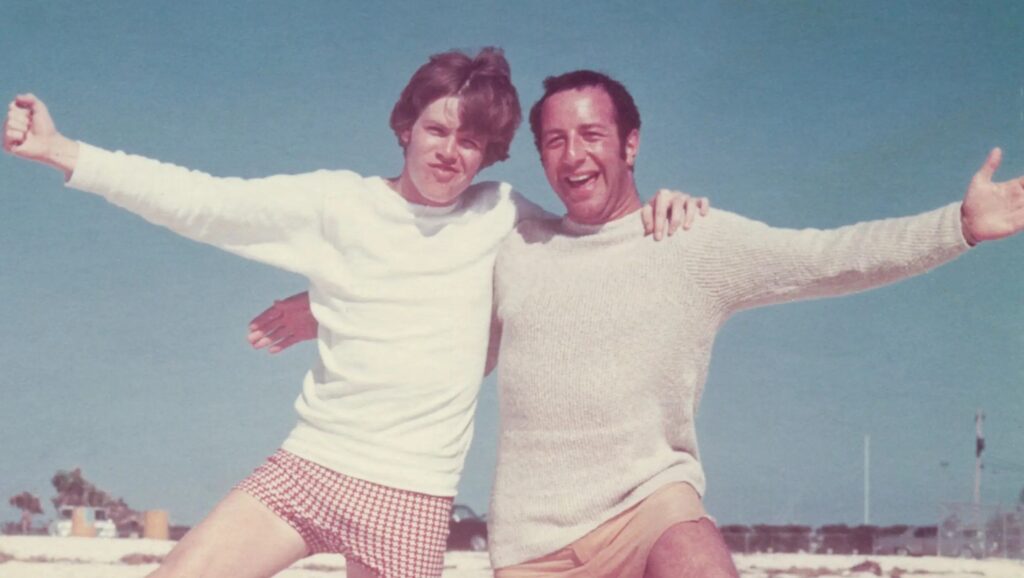
Jim McCarty (Yardbirds drummer)
Jason – It was a pop song by Graham Gouldman that got The Yardbirds into the charts for the first time?
Jim – Yes, we had this demo disc. It was in the days when writers put their songs down on acetate records and they gave them to publishers. And the publisher had that demo disc. He saw us playing in the Hammersmith Odeon with The Beatles and he thought, “This record will suit this band because they’re changing tempos and things like that. They’re a bit unusual.” He sent it to Giorgio [Gomelsky], our manager, and we all heard it together and we all loved it, except for Eric, of course! [laughs]
Jason – And at the time he was a bit more of a purist or he just wanted to follow the more blues and R’n’B sound.
Jim – He was, but there were some differences with the band as well, and I think he found it difficult playing in a band, being a team member. I suppose he did that with Cream as well, but he was always going to be someone that called the shots, really have his own band and play what he wanted. You know, I do what I like thing. [laughs]
He wasn’t going to toe the line, so I think it was difficult for him. And then ‘For Your Love’ was the nail in the coffin for him, really.
Jason – But a bit like John Mayall and the Bluesbreakers. With The Yardbirds you got a succession of great guitarists anyway and were able to flourish.
Jim – Yeah, they all love to live up to each other, in a way. Top Topman started it, and then Eric and then Jeff had to sort of live up to Eric and Jimmy Page, of course. But I’ve got to hand it to Jeff, because he was such a fantastic player, had such a variety of sound, and everything he did went with what became the Yardbirds sound. I don’t know what to call it. People call it psychedelic.
Jason – You were forging new paths at the time, those sounds, and especially for the Yardbirds, just hadn’t been done before.
Jim – Yes, I know. We were just having fun and we didn’t want to play the blues like the original blues. There was no point. We had to make it something different. We wanted to anyway. And we had a lot of fun. And Jeff added to that in a big way.
Brian Auger (Session player)
Jason – Your harpsichord on The Yardbirds ‘For Your Love’, it just seems like there wasn’t that much planning.
Brian – It wasn’t, except that they might have planned it. Well, this is how that happened. I got a call from Paul Samwell Smith, we were in the same agency. So he says, “Brian, what are you doing this afternoon?”.
I was drinking some tea and playing some sounds. And he said, “Could you come up and play on our single? And I said, “Yeah, I suppose so. Where are you?”. He said, “We’re in this little studio. It’s opposite Broadcasting House in Upper Regent Street. He says, you can’t miss it. It’s just across the road from…” So I said, “Well, okay. I could be up there in about an hour”. I got on the tube, went up there, went into this tiny studio, and there was all The Yardbirds, swanning around inside.
And Paul come up and said, “Great, Brian, I want to play this tune to you. And what I want is I want an intro, and then I want you to do your magic and really get it going rhythmically. So I said, “Fine, okay?” And I looked around and said, “Wait a minute. Hey, where’s the organ, then?” He says “Oh, no, they haven’t got an organ. No”. And I said, “You must be joking”. And as we played practical jokes on one another, I had another look around.
I said, “There’s no piano here either. And he said. “Right, there’s no piano, I haven’t got a piano”. I said, “What kind of a studio is this?” He says “I don’t know, it was cheap”. I think it was maybe a vocal recording studio.
He said “Now, we’ve only got this”, and he points in this corner to this shape underneath the sort of card tarpaulin, so I whipped it off and there [laughs] stood a double tier, harpsichord. [laughs] I said, “Right, you got me”. [laughs] He said “No, that’s all we’ve got”. So I said, “Well, my God, I’ve never played one of these. It’s different to piano or organ because it’s a plucked instrument and the feel is weird because it can make you drag against the groove. You better give me about ten minutes to play it for a bit, so I get used to that”.
So I was messing about there. They played me the tune and I said, “Right, okay, Paul, what I’m going to do. I’m going to play these arpeggios as an intro”. Wang, wang, wang. And then it kind of went on from there. I said “I’ll juice it all up under the groove”, so that’s really how it all happened. And I walked out and I walked down towards the tube again to go home and thinking to myself, “These guys are nuts, man, I’m telling you. Who’s going to buy a pop single? Harpsichord on it. Oh, boy. Was I wrong?”.
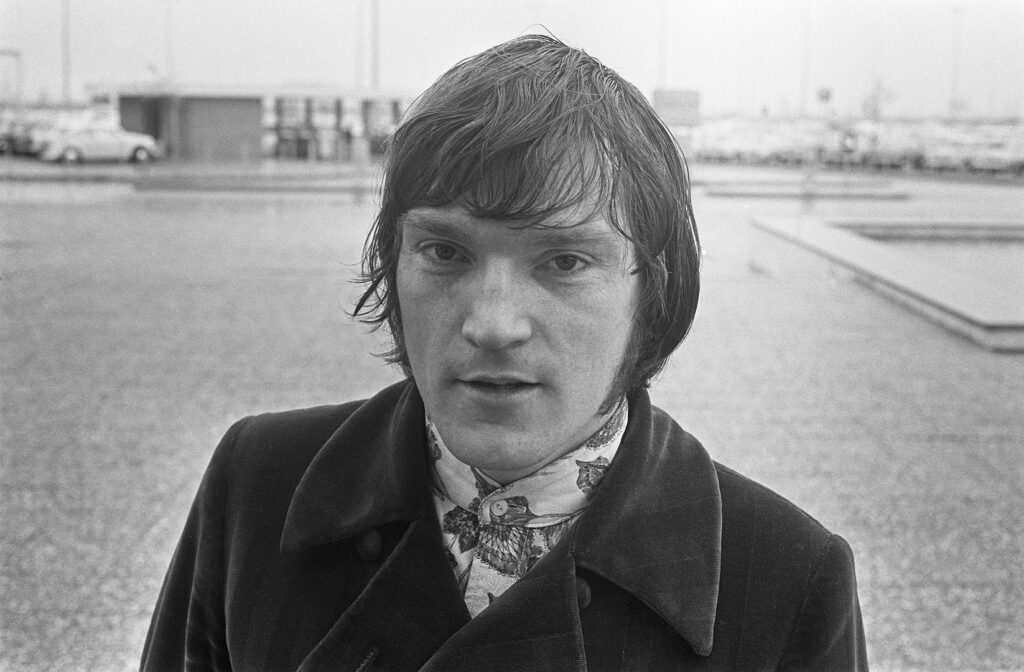
Graham Gouldman (Songwriter)
Jason – You were surprised when you heard the Yardbirds arrangement of that song, because they used harpsichord.
Graham – I loved it. I remember listening to their version of it for the first time and I thought it was terrific, because on the original, the demo that we gave them, it was just an acoustic guitar playing those chords. There were bongos, but certainly no harpsichord and I thought it was a stroke of genius to use that.
Jason – Brian Auger’s harpsichord works so well on the record. You’d think it was by design.
Graham – You would think that. Whatever happened some kind of magic was going on. But it was amazing to listen to what they did. It was imbued with some sort of mystical magic. I don’t know what it was. Well, obviously it did have something about it because it went on to be a massive hit.
Jason – With The Mockingbirds you did warm up shows in Top of the Pops in Manchester, is that true?
Graham – That’s right. Well, when Top Of The Pops came from Manchester, there was a church on Dickinson Road that was converted into a studio and because the audience came in, they had to get the lights right and the sound right and everything.
They would have a band to warm the audience up and keep them happy. And on one occasion we were on, The Mockingbirds, and so we played the warm up set and then The Yardbirds were one of the bands that was on Top Of The Pops and they did ‘For Your Love’. That was really quite bizarre and great. I loved it.
Jason – Is it right that that song was actually rejected as a Mockingbirds track?
Graham – Yeah, it was. We recorded another song which was nowhere near as good. Our record company at the time rejected it and it was then through a publisher, that we got it to The Yardbirds. Well, literally, the rest is history because that was the first song that really launched my career as a songwriter.
Further information
Interviews drawn from Strange Brew Podcasts: Graham Gouldman (2022), Graham Gouldman (2020), Harvey Lisberg, Jim McCarty (2017), Jim McCarty (2021), Brian Auger
See also websites for:
Jim McCarty – Jim’s album Sitting On The Top Of Time has also been reissued
Harvey Lisberg also has a new autobiography: I’m Into Something Good: My Life Managing 10cc, Herman’s Hermits & Many More


